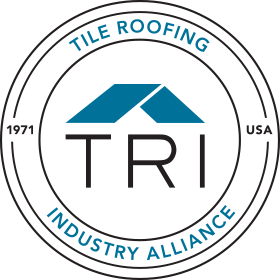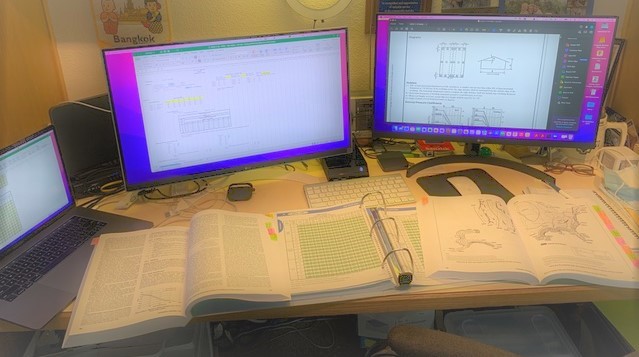Update by TRI President and Technical Director, Rick Olson
For those that live in the code cycle world, we are now in what is referred to as the monograph lottery. Every code cycle the proposed changes to any recognized code come out in a combined document called a monography. As the 2023 code cycle approaches, the various monographs are currently out for comment and hearing testimony. The lottery aspect is a play on words for learning how your industry is being affected.
The 3 Year Building Code Cycle
Every three years the major building code bodies hold hearings on proposed code revisions that will affect the building industry. The TRI Alliance has been an active participant in this process since 1971. We provide code modifications, testimony, and engineering data to help expand the use of concrete and clay roof tiles.
This year there are over 7,000 pages of proposed code items that are part of the International Code Council (ICC), Florida Building Code (FBC) and other local state mandated code regulations. The ICC code hearing process will address changes in the International Residential code (IRC), International Building Code (IBC) and International Energy Conservation Code (IECC) for the 2023 code adoption date.
Participation Influences Outcomes for Tile Roof Requirements
The outcome of this process is vital to the roofing industry. Every local building official must declare and mandate conformance to the building code standards they will enforce each year. The TRI Alliance has a dedicated technical team that is reviewing and interpreting all the code cycles underway to determine the code proposals that might affect roofing in general and roofing tiles for our industry members.
In addition, we will work with other industry associations to create a broader coalition when proposed revisions might have a negative impact on the overall roofing industry. This has been very effective in preventing negative impacts to the roofing industry over the years. The code process allows any code official or interested party to submit a proposed code revision for consideration. At times, these can be driven by a personal agenda, or will lack a real “in the field” validation for a need. Our ability as the TRI Alliance to help review and contact the actual proponent has helped ensure that new codes are improving roof assembly performance and best practices of our contractor members.

